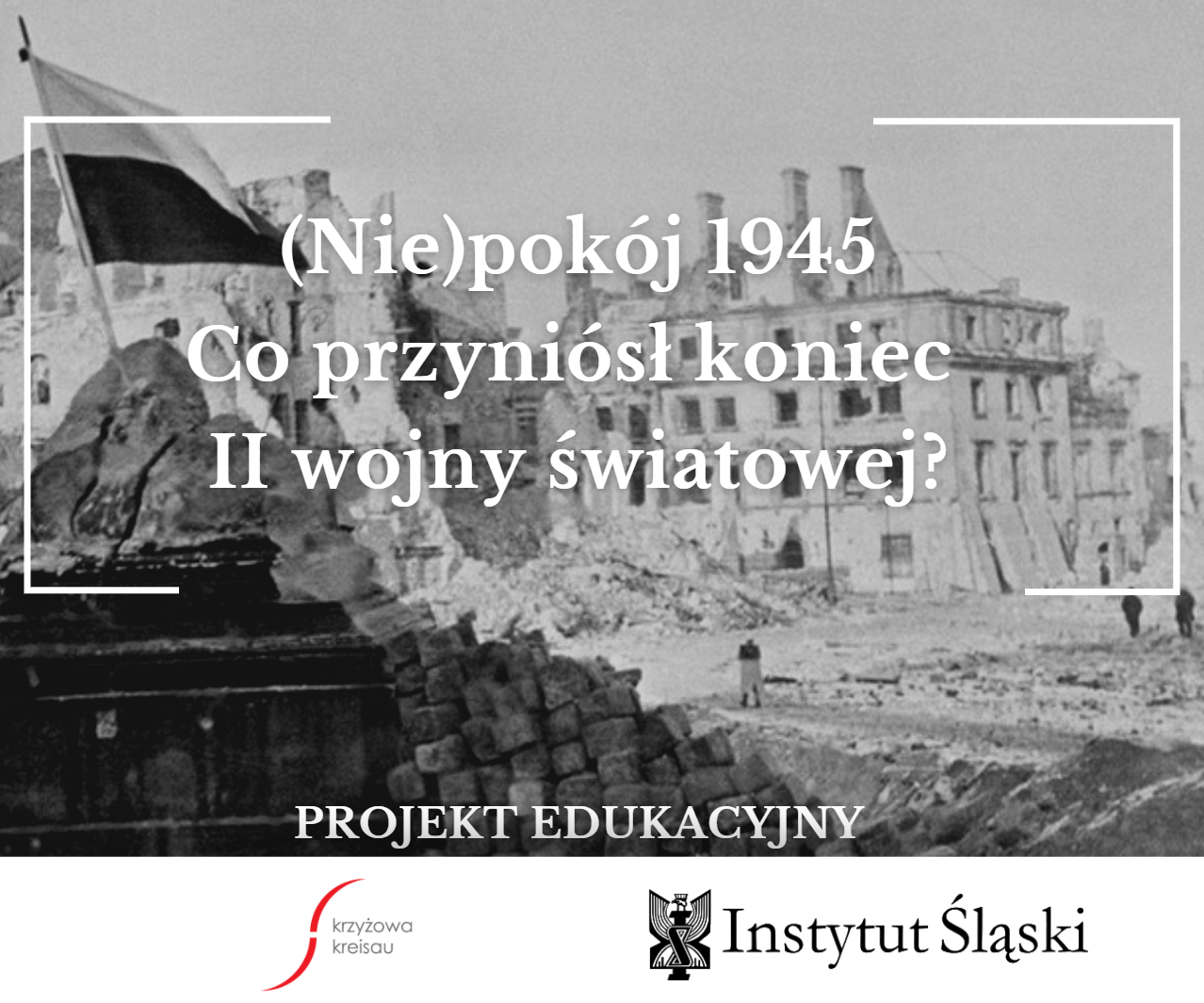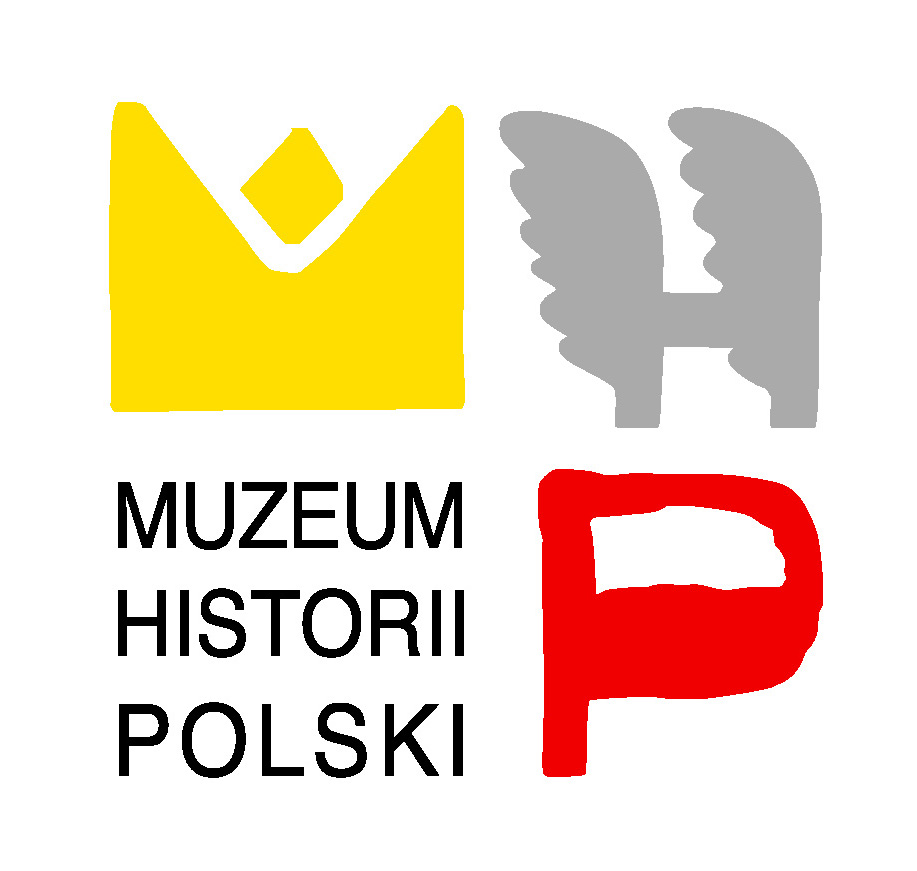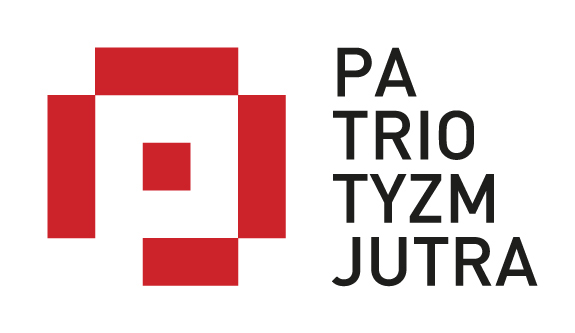
This year's 75th anniversary of the end of the Second World War is an opportunity not only to celebrate the victory over Nazi Germany and the beginning of peaceful coexistence between the European nations, but also to raise the question of what exactly happened in 1945 and why that year did not mean the end of the fighting and the beginning of the reconstruction of the country for the whole of Europe.
That is why the Krzyżowa Foundation, in cooperation with the Silesian Institute, has prepared the educational project "(No)Peace 1945. What brought about the end of the Second World War?", addressed to school pupils and teachers, the aim of which is to present as broad a perspective as possible on the events of 1945, pointing out the similarities and differences in the history of Poland and neighbouring countries - as well as, more broadly, between Western European and Central European memories of the end of the Second World War.
Especially for secondary and eighth grade students of primary schools, we have prepared two lesson scenarios, together with supporting materials in the form of source texts, a work card and a map. We hope that these materials will be an opportunity not only to acquaint students with the history of the events that affected the fate of Poland, but also to show the diverse experiences that European countries have had.
On the project polish website there are also published podcasts, which were prepared especially to present four perspectives for the events that took place in 1945 in the most attractive way possible. They are addressed to both teachers and students and are designed as materials that can be used during the lesson or as a supplement to the scenarios and the lecture prepared by the teacher.
The following were invited to cooperate in the creation of podcasts: Dr Joanna Hytrek-Hryciuk - historian, author of publications on the history of Wrocław and Lower Silesia, Dr Łukasz Kamiński - historian from the University of Wrocław, president of the Platform of European Memory and Conscience, Dr. hab. Pierre-Frederik Weber - historian, Germanist, Slavist from the University of Szczecin, Honorary Consul of France in Szczecin, Dr. Marek Białokur - historian, history teacher and specialist in the history of Polish political thought of the 20th century from the University of Opole.
The Foundation also invites teachers, educators, museums and memorial sites employees who are interested in the challenges facing the education of school children about World War II to participate in three webinars. During each of them, historians and people working in the most important Polish institutions dealing with education about the Second World War will present their experiences and share their ideas about working with young people.
All materials related to the project "(Not)Peace 1945. What did the end of World War II bring? can be downloaded from www.krzyzowa.org.pl. There are also details of webinars that can be requested from the project coordinator.
It was financed by the Polish History Museum in Warsaw as part of the "Patriotism of Tomorrow" programme.





